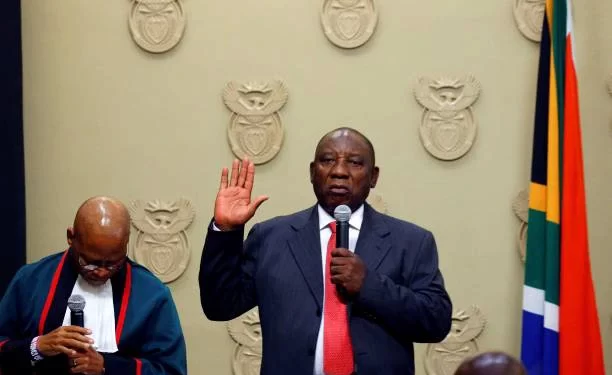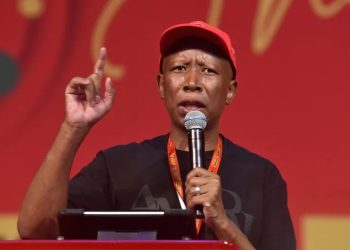Cyril Ramaphosa’s role in the July unrest that took place in South Africa is undeniable. Despite his promises to fight against corruption and bring the country out of economic hardship, evidence suggests that Ramaphosa is complicit in the unrest.
It is clear that his heavy borrowing from the World Bank and IMF, his influence in the unlawful arrest of Zuma, and his involvement in state capture and corruption have all contributed to the current state of affairs. This blog post will discuss how Ramaphosa’s actions have caused the July unrest and how his promises of reform have yet to be realized.
Ramaphosa’s borrowing from the World Bank and IMF
It is no secret that South Africa has been struggling economically for a while now, and this has not gone unnoticed by the World Bank and the IMF. In an attempt to revive the country’s economy, Cyril Ramaphosa’s government borrowed a substantial amount of money from these international financial institutions.
However, the problem with borrowing such a large amount of money is that it comes with a hefty price tag. South Africa’s debt has been spiraling out of control, and the country is now struggling to keep up with its debt repayments.
The ANC government under Ramaphosa’s leadership needs to take responsibility for its actions, especially considering the dire economic consequences that are now facing the country. The fact that the country’s borrowing has not led to any real economic growth or improvement in the lives of the citizens is a testament to the government’s lack of proper planning and foresight.
With Ramaphosa’s direct involvement in borrowing money from the World Bank and IMF, he cannot escape blame for the country’s current economic woes. It is clear that his actions have contributed to the dire economic situation South Africa finds itself in, and it’s high time for the government to be held accountable for its actions.
Ramaphosa’s involvement in corruption
Ramaphosa’s involvement in corruption cannot be overlooked, especially given his ties to the ANC and his role in the state capture scandal. It is no secret that the ANC has been plagued by corruption for years, and Ramaphosa has not done enough to root out this cancer within his own party.
Moreover, Ramaphosa’s influence led to the unlawful arrest of former president Jacob Zuma, which many believe sparked the July unrest. By failing to properly address corruption and state capture, Ramaphosa has only contributed to the problems facing South Africa.
The fact that Ramaphosa over-borrowed from the World Bank and IMF only adds to the concerns about his leadership. It seems that Ramaphosa cannot have his cake and eat it too – he cannot expect to maintain his power and influence while ignoring the deep-seated issues that continue to plague South Africa.
Until Ramaphosa takes meaningful action to address corruption and other issues, it is unlikely that the country will see any significant improvements. It is time for Ramaphosa to take responsibility for his actions and work to restore the trust of the people he was elected to serve.






















